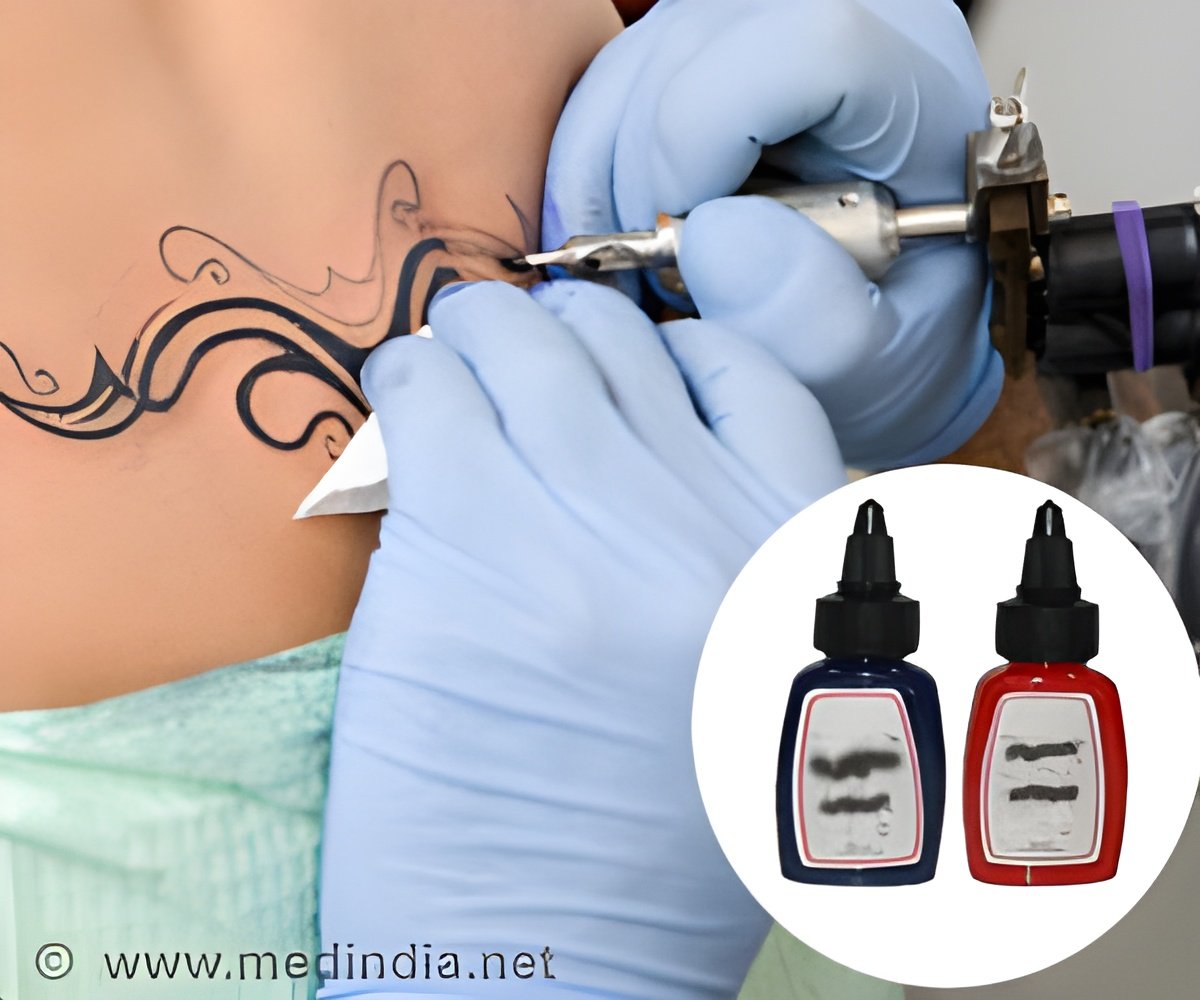
As a result, Michi Shinohara, MD, FAAD, a board-certified dermatologist and clinical assistant professor of dermatology at the University of Washington in Seattle, explained that there are many unknowns about how these inks interact with the skin and within the body and if they are responsible for an increasing number of complications.
One of the most common problems associated with tattooing is allergic reactions to the tattoo pigments. Itching, bumps or rashes can occur days, months or even years after the initial tattoo.
In people suffering with psoriasis and eczema, tattoos may cause the chronic skin conditions to flare.
Sarcoidosis is an autoimmune disorder that is characterized by swelling and itching, which can occur in a tattoo decades after the procedure and can involve other organs, like lungs or eyes.
This type of reaction is not directly caused by the original tattoo, but can show up within the tattoo.
Advertisement
However, one reaction that can result is a bump that mimics skin cancer, which can ruin the tattoo.
Advertisement
Since the bump is so hard to distinguish from this skin cancer, it requires a biopsy and, in some cases, may need to be treated as a skin cancer, with additional surgery.
Common infections linked to tattooing include localized bacterial infections.
In addition, there are reports that syphilis and hepatitis B and C are being transmitted due to non-sterile tattooing practices.
However, Shinohara noted that outbreaks can also stem from the tattoo ink rather than the tools used in the procedure.
A recent outbreak of atypical mycobacterial infections has been traced to contaminated tattoo ink, which cause itchy, painful pustules and red bumps within a tattoo during the first month of the procedure.
This type of bacteria is harder to treat than regular staph bacteria and can require a several-month course of oral antibiotics to clear the infection.
Source-ANI















